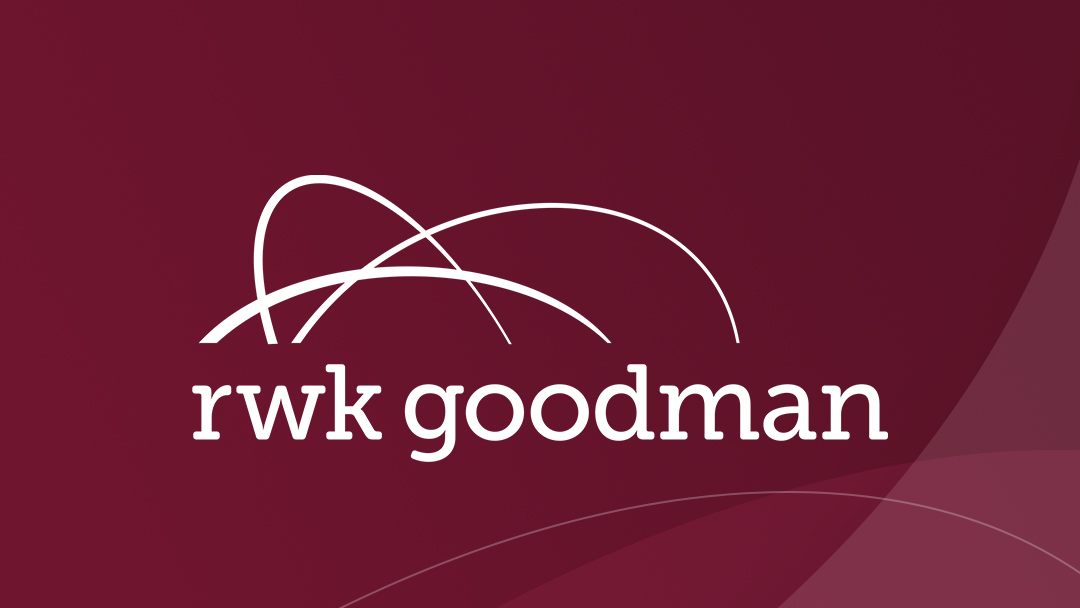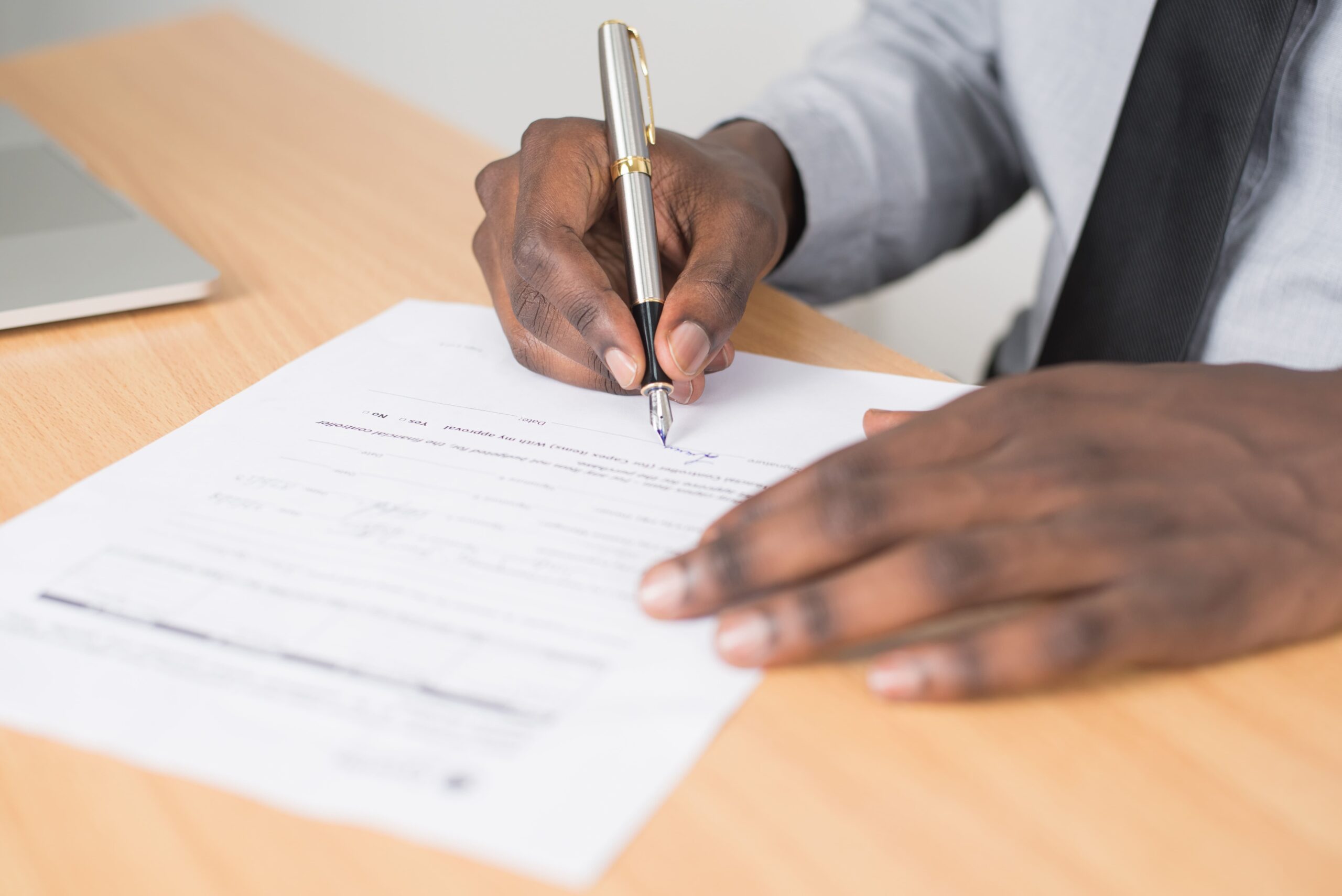Leaving digital assets in your Will – what you need to know
What are digital assets?
A digital asset refers to any asset which you own and stored in a digital format. Typically, digital assets are accessed via an online account run by a third-party provider such as Facebook, Google, Apple, or Amazon.
Examples of digital assets which you may own are online only bank accounts, music libraries, email accounts, cryptocurrency, social media, gambling accounts, loyalty schemes, or sentimental photos and videos. Maintaining access to online accounts is essential for either financial or sentimental reasons. Thus, it is very important to plan what will happen to your online accounts when you die.
How can your digital assets be passed on?
For each online account, review the terms and conditions you agreed to when creating the account. There may be specific terms on which assets can be administered on death or if there is no activity on an account for a long period of time.
Consider choosing a digital executor to take over control of certain aspects of your account where the internet service providers (ISP) offers this facility. For example, Facebook allows you to nominate a legacy contact to turn your account into a memorial when you die. Google, on the other hand, allows you to nominate an Inactive Account Manager. This in turn allows the account to be closed or for the submission of requests for data from the account.
Be aware that some ISPs will permanently destroy your digital assets after a period of inactivity or upon notification of your death.
What happens if you don’t have a plan for your digital assets?
If you currently have a Will in place that does not provide for your digital assets upon death, then these are likely to form part of the residue of your estate and will pass to your residuary beneficiaries. Your executor’s may find technology difficult to navigate and therefore struggle to deal with your digital assets. In addition, if you have not disclosed what digital assets you have, and how to access them, then this may lead to further difficulties for any executor when administering your Estate.
If you don’t have a Will in place, then your digital assets will be distributed via the rules of intestacy which could risk your digital assets ending up in the wrong hands or being lost forever.
Practical steps you should take
Below are some practical steps you can take to help secure your digital assets after you die:
- Create a memorandum of all usernames and passwords for the accounts which you would like to pass on. Keep this memorandum in a safe place, or alongside your Will, and ensure you tell your executors where to find it.
- If you own cryptoassets, consider who you would like these to pass to and how, as a practical matter, your personal representatives can access these upon your death.
- Consider including a clause in your Will that specifically deals with your digital property rights.
- Nominate a digital executor or digital manager who can access and manage your digital assets after you have died.
- Thought should be given to the preparation of a Lasting Power of Attorney for both health and welfare and property and finances when it comes to digital assets. This way, you’ll be able to nominate someone you trust to make decisions on these should you lose capacity to make them yourself.
- Be careful when sharing passwords to your online accounts. This is often prohibited by the terms and conditions governing user accounts. It may also be a criminal offence for a third party to access a user’s account (even with the password) unless authority is given by the relevant service provider.
- Regularly backup your digital assets to the cloud and/or a portable storage device.
If you are concerned about how your digital assets will be dealt with after you die please email our Private Client team, [email protected] or call us on 01225 730 100.
More from our Private Client team
View more articles related to Private Client and Wills, Trusts and Estates






















